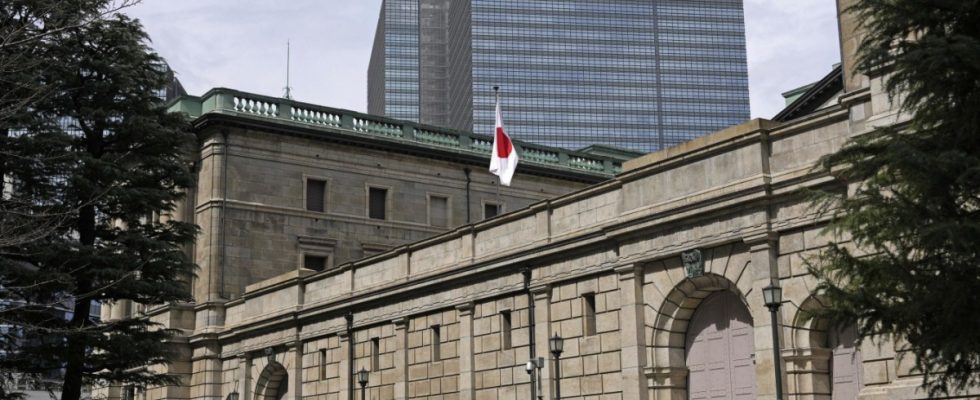The Japanese central bank has decided to end its long-standing negative interest rate policy. The Bank of Japan (BoJ) decided on Tuesday after a two-day meeting to slightly increase the range for short-term interest rates to zero to 0.1 percent. With its first hike in 17 years, the Bank of Japan is the last of the world’s major central banks to abandon negative interest rate policies.
It first introduced this in 2016 in the fight against deflation. The goal of achieving stable inflation of two percent is in sight. According to economists, the adopted change signals the beginning of a normalization of monetary policy, although this is likely to be slow at best given the uncertain inflation outlook.
The BoJ’s previous policies contrasted with other central banks, which have sharply raised interest rates in the past two years to combat inflation triggered by the coronavirus pandemic, the Ukraine war and supply chain problems. The Japanese central bank’s aggressively relaxed monetary policy contributed to a rapid fall in the value of the yen. The consequences hit households hard, so that the central bank recently came under increasing pressure to take measures to curb inflation.

